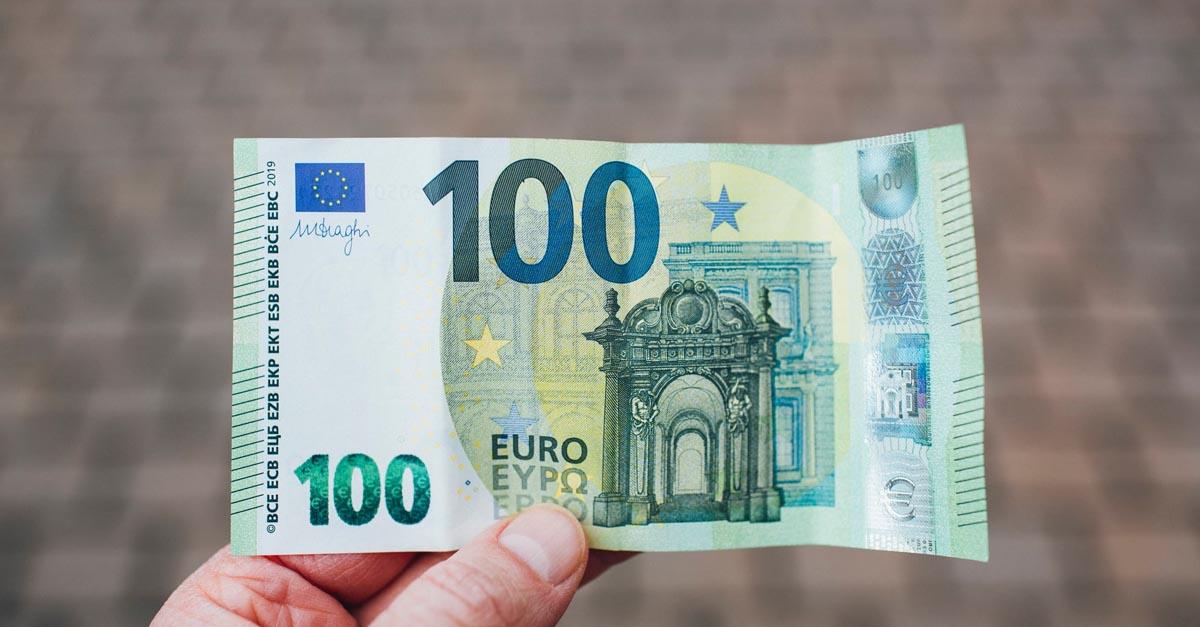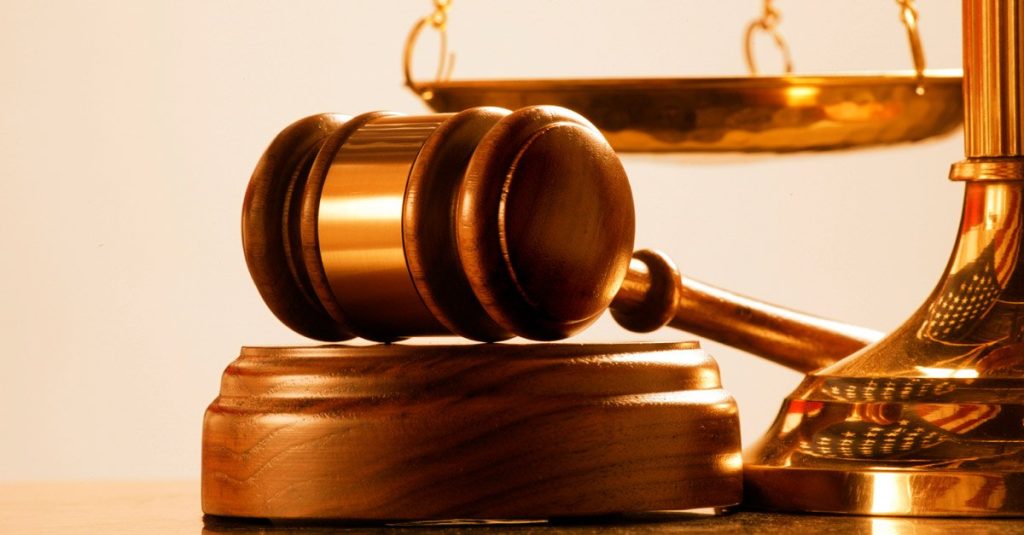Public credits and the second chance in the new bankruptcy law

With the entry into force, on September 1, of the Royal Legislative Decree 1 /2020, of May 5, which approves the Consolidated Text of the Bankruptcy Law (hereinafter, TRLC ) the “second chance” mechanism for individuals has been modified, that is, the possibility that businessmen and individuals in good faith can forgive debts that they cannot afford, being released from paying them< /strong>.
How to take advantage of the Second Chance law
In order to benefit from the “second chance” mechanism, the natural person or business debtor must try to reach an out-of-court payment agreement with his creditors. In the event that said agreement is not reached or is not fulfilled, the consecutive bankruptcy will begin to be processed, liquidating the debtor’s assets to proceed to pay its creditors and ultimately obtain the benefit of exoneration of the unsatisfied liability. (BEPI), that is, debt forgiveness.
It may interest you: “ The out-of-court settlement of payments in cases of insolvency”
From what was established in the old Bankruptcy Law, specifically in article 178 bis 5, it was deduced that public law claims cannot be exonerated. Contrary to the Supreme Court in its judgment of July 2, 2019, it established a different jurisprudential criterion, establishing that public credits in their entirety must be included in the payment plan, and in accordance with the provisions of article previously cited, specifically in section 8, the bankruptcy judge has the capacity to exonerate all public debt credits. It should be noted that the credits that were outside the exoneration would have to be satisfied by the debtor within five years following the conclusion of the bankruptcy.
What happens to public law credits
Well, as we mentioned previously, the TRLC has introduced modifications to the exoneration system in force up to now, excluding the exoneration of public credit, thus forcing the debtor to have to fully pay the public law debts despite obtaining the exoneration of the rest of the credits that make up their liabilities. The TRLC for public debt credits only contemplates deferral and/or installment, noting that it will be governed by its specific regulations.
Moreover, in the new TRLC regulation a new section has been introduced, which includes articles 655 to 658, entitled “of the duty to request postponement or fractionation of public law credits”, which establishes the obligation of debtors to request the deferment or installment of public law debts.
Therefore, public creditors are not bound at any time during the procedure to judicial approval of the payment plan, nor to the subsequent request for exoneration of the dissatisfied liability. Consequently and in accordance with current regulations, debtors have to face the payment of the public debt until it is fully paid with their present and future assets.
Restructuring, insolvency and discharge of business debts
We must also highlight that Spain has yet to proceed with the transposition of Directive (EU) 2019/1023, of the European Parliament and of the Council, of June 20, 2019, on frameworks of preventive restructuring, exoneration of debts and disqualifications, and on measures to increase the efficiency of the procedures for restructuring, insolvency and exoneration of debts, the purpose of which is to establish alert mechanisms against the risk of insolvency, as well as to establish a more complete and consistent with the processes of preventive debt restructuring, simplifying bankruptcy law and increasing efficiency to lighten costs and also broaden the possibility for debtors to obtain the benefit of exoneration of debts.
The main purpose of this Directive is to improve the legal framework so that entrepreneurs who have had to face an economic crisis can start anew after that failure, which is enormously complicated if they cannot exonerate the debts they have with the public administration.
Conclusion
In conclusion, in terms of second chances, the TRLC goes much further than regularizing, clarifying and harmonizing the Bankruptcy Law, as established by the authorization granted to the Government, since it modifies it in an aspect of enormous relevance for the second chance, such as the prohibition of the exoneration of public credit. Thus altering the regulation already contained in the Bankruptcy Law, contrary to the jurisprudence of the Supreme Court and without taking into account the mandatory transposition of Directive 2019/1023 whose term expires in 2021. Therefore, we trust that after the transposition of the aforementioned Directive this issue is resolved, since otherwise the main objective of the Second Chance Law will be prevented, which is none other than that debtors do not drag their outstanding credits and can rebuild their lives.
It may interest you: “What is a contest express?”



















